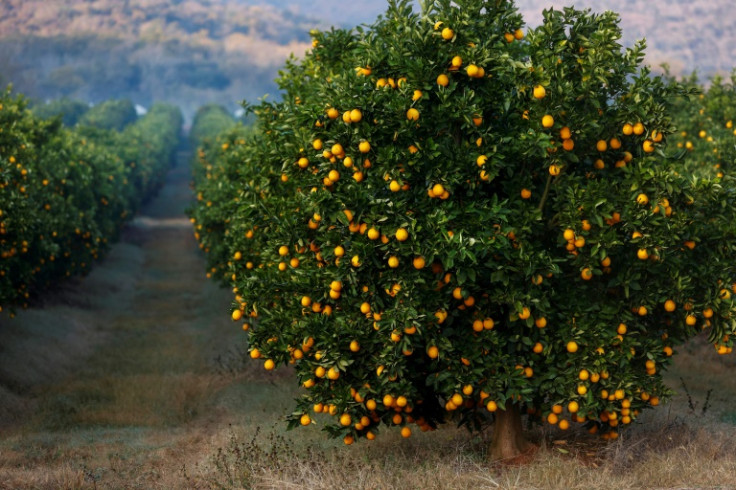South Africa Launches Surveillance Program For African Citrus Greening Disease In Gqeberha

The Department of Agriculture, Land Reform and Rural Development (DALRRD) announced a new surveillance program to check for African citrus greening disease in and around Gqeberha in the Eastern Cape.
This program will officially look for the presence or absence of pests in the area. The surveillance program comes after the African strain of the disease was recently found in the residential areas of Gqeberha.
African citrus greening disease is a bacterial illness that affects citrus trees and is mainly spread by an insect called the African citrus psyllid (Trioza erytreae).
The main symptoms of the disease on the leaves of affected trees include blotchy patterns and yellowing veins. This disease lowers the quality of the fruit, making it unfit for sale as fresh fruit or for processing.
The department stated that during the planned surveillance program, a survey will be conducted to find out how widespread the African strain of citrus greening is in the area. This will help determine if the pest is widely spread or not. The goal is to implement effective measures to control the disease.
"For this survey, DALRRD will collaborate with Citrus Research International (CRI) to survey citrus trees for suspicious symptoms, and samples might be taken for laboratory analysis," the department said, SA News reported.
The department informed nursery owners including citrus growers and community members about the planned surveillance program, asking the residents of Gqeberha and nearby areas to cooperate with DALRRD and CRI officials who will be conducting surveillance activities in their neighborhoods.
Residents are also urged not to disturb any of the department's yellow sticky traps as these traps collect important information.
Citrus greening is officially controlled under the Control Measures R.110 of January 27, 1984, according to the Agricultural Pests Act (APA), 1983 (Act No. 36 of 1983). The movement of citrus plants from infested areas to non-infested areas within the Eastern Cape is not allowed.
"It is against this background that nursery owners, informal traders, citrus growers and community members are encouraged not to move plants and plant propagation material from infested areas to non-infested areas, unless such movement is authorized by means of a removal permit, in terms of the Agricultural Pests Act," as per the department.
In June, South Africa requested the World Trade Organization to set up two panels to review "unfair" and "discriminatory" rules imposed by the European Union (EU) on citrus imports from South Africa.
© Copyright 2025 IBTimes ZA. All rights reserved.





















